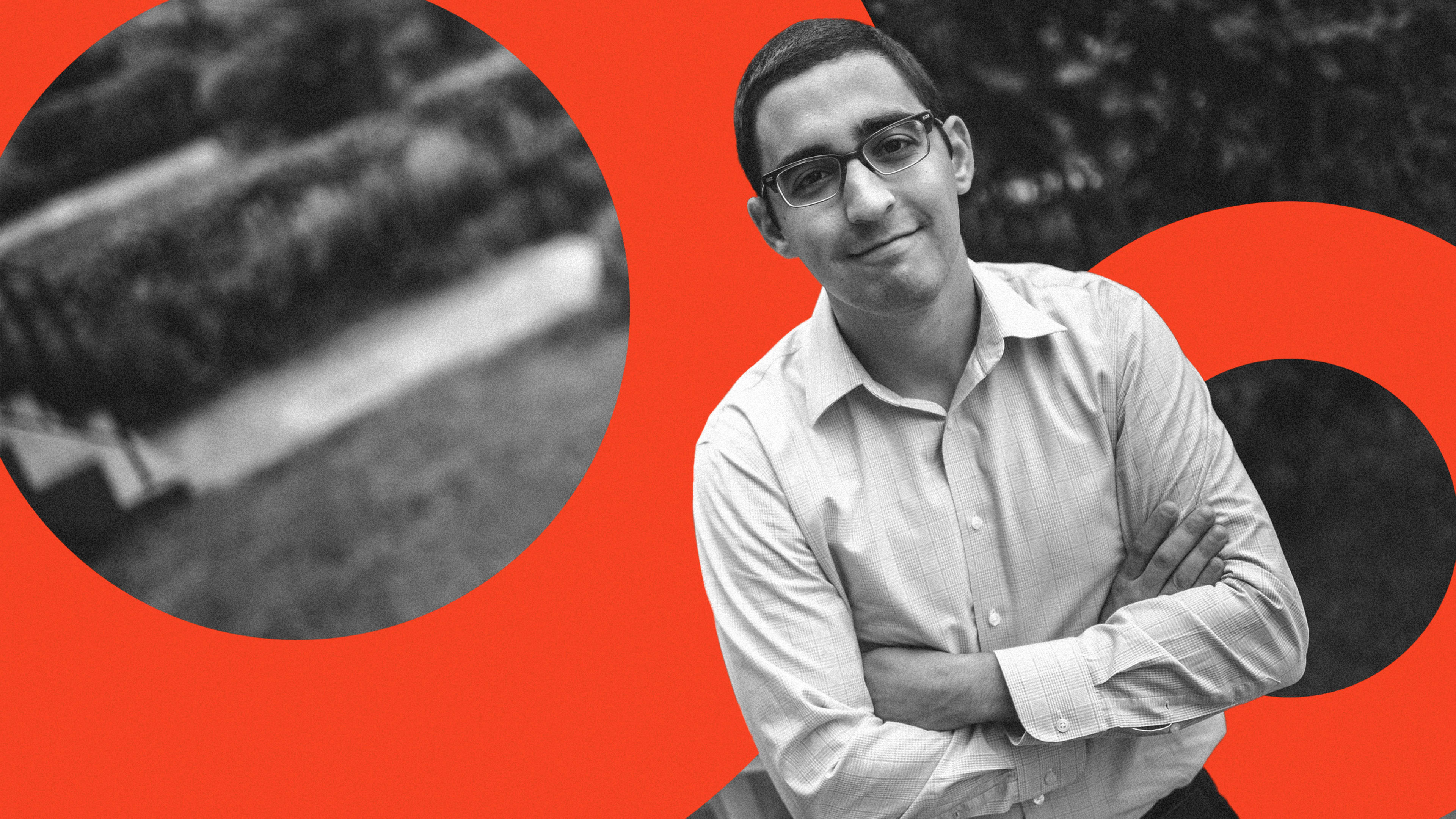Aaron Seyedian is careful to make the ever-so-slight distinction between his housekeeping business and its quasi-competitors. Well-Paid Maids is not a company that simply happens to pay a living wage. It’s a living-wage cleaning company. Its entire branding rests on the idea of treating employees justly.
For the 12 maids on board, that means a starting wage of $17, with merit increases; health, dental, and vision insurance from day one; 22 days of paid time off per year; and unemployment insurance and short-term disability insurance in case of termination or injury. Unlike maids at many cleaning companies—or Uber drivers, for that matter—they are salaried employees, not independent contractors.
“Our mission is demonstrating that a living-wage business model is viable in an industry that is known for low wages and exploitative practices,” says Seyedian, the founder.
Seyedian, 31, was drawn to workers’ rights issues from a young age. Growing up in Dunkirk, New York, a steel town an hour south of Buffalo, he was surrounded by shuttering factories, a community hurt by free trade policy, and a distasteful creed from higher-ups “that workers are just a cost to be minimized.” Inspired by this upbringing—and Barbara Ehrenreich’s 2001 book, Nickel and Dimed—Seyedian found himself morally motivated to support the labor movement.
Ethical disruption
In particular, Seyedian spotlighted the house cleaning industry as “ripe for an ethical type of disruption.” The underlying issue, of course, is poor pay. As of May 2018, the mean national wage for maids was $12.30 per hour, or $25,570 a year, according to the Bureau of Labor Statistics. The poorest-paid 10% of housekeepers earned an estimated $8.72 per hour, or just over $18,000 annually.
He also pinpoints other problem areas: sexual harassment, exploitation of undocumented people, and employee misclassification. That’s the increasingly common practice of defining workers as independent contractors, when they’re expected to do the work of salaried employees without the due benefits or legal protections. Silicon Valley has propelled the growth of this “1099 economy” (referring to the 1099-MISC tax form that contractors fill out, as opposed to the W-2 form for salaried employees), and critics regularly cite Uber drivers as victims of this misclassification.
It’s endemic in the cleaning industry, too.
“The way in which these people are being hired is dishonest,” Seyedian says. “They’re being misclassified so people can avoid paying payroll taxes, avoid extending benefits and protections to folks.” Even though tech housekeeping startups have been key players in this practice, he says many mom-and-pop shops also do it.
At Well-Paid Maids, the housekeepers are W-2 employees and receive extended benefits. Seyedian is particularly concerned with the minute details that make substantial differences in workers’ lives. Medical plans are all zero deductible, “because, if you’re a poor person, and you have a high deductible, you don’t really have health insurance.” Instead of divorcing sick days from vacation leave, he lumps them all into 22 paid days, because he says poor workers often don’t have a lot of control over their schedules. Now, when personal emergencies arise, they don’t have to choose how to claim a day off.
Of course, higher wages mean higher prices for customers. “We’re the most expensive cleaning company in the markets we operate in,” Seyedian says. That’s why affluence became one of the two major factors that determined the company’s starter cities: his hometown, Washington, D.C., (10 maids) and Boston (one maid). Across both cities, the company serves 1,000 customers, of which 40% become recurring. His reported revenue for 2018 was $300,000; he expects to bring in double that figure this year.
Political lean
Both metro areas fulfill Seyedian’s other consideration: political lean. His theory is that liberal or progressive cities will be more likely to sign onto his pro-labor doctrine—and he cites this as the reason for his business not faring well in a third city, Baltimore. That city has many affluent neighborhoods, but he says that “the folks there who have money are not necessarily the most liberal.” He pulled the business out of Baltimore last month due to lack of demand.
If target markets are defined by affluence and political liberalism, then there’s one city that’s “the elephant in the room,” Seyedian says. He’s set on expanding to New York City, but he knows it’s a big challenge because of the market size. He plans to raise money starting next year to finance the expansion.
He’s not counting out metro areas in conservative states, like Dallas or Houston, but “there are just so many more attractive targets before we get to that.” In theory, his idea should be receptive in red states, because he’s playing fairly by the rules of the free-market system.
That said, Seyedian’s ultimate goal is to help accelerate the living-wage movement and ultimately force legislative action, because he believes that’s the only way to induce meaningful change.
The business, then, is a means to an end. “I’m very skeptical of the potential ameliorative effects of a voluntarist approach,” he says. “I hope it can become big enough and successful enough that we can actually win political change to make what we’re doing compulsory.”
He envisions his model directly translating to other industries, such as home healthcare, whose workers are also submitted to flagrant 1099 abuses. The more thriving cases they can present to politicians as incentives to pass courageous labor laws, the better. “So they can see that the sky won’t fall if we do it this way.”
Recognize your brand’s excellence by applying to this year’s Brands That Matter Awards before the early-rate deadline, May 3.
